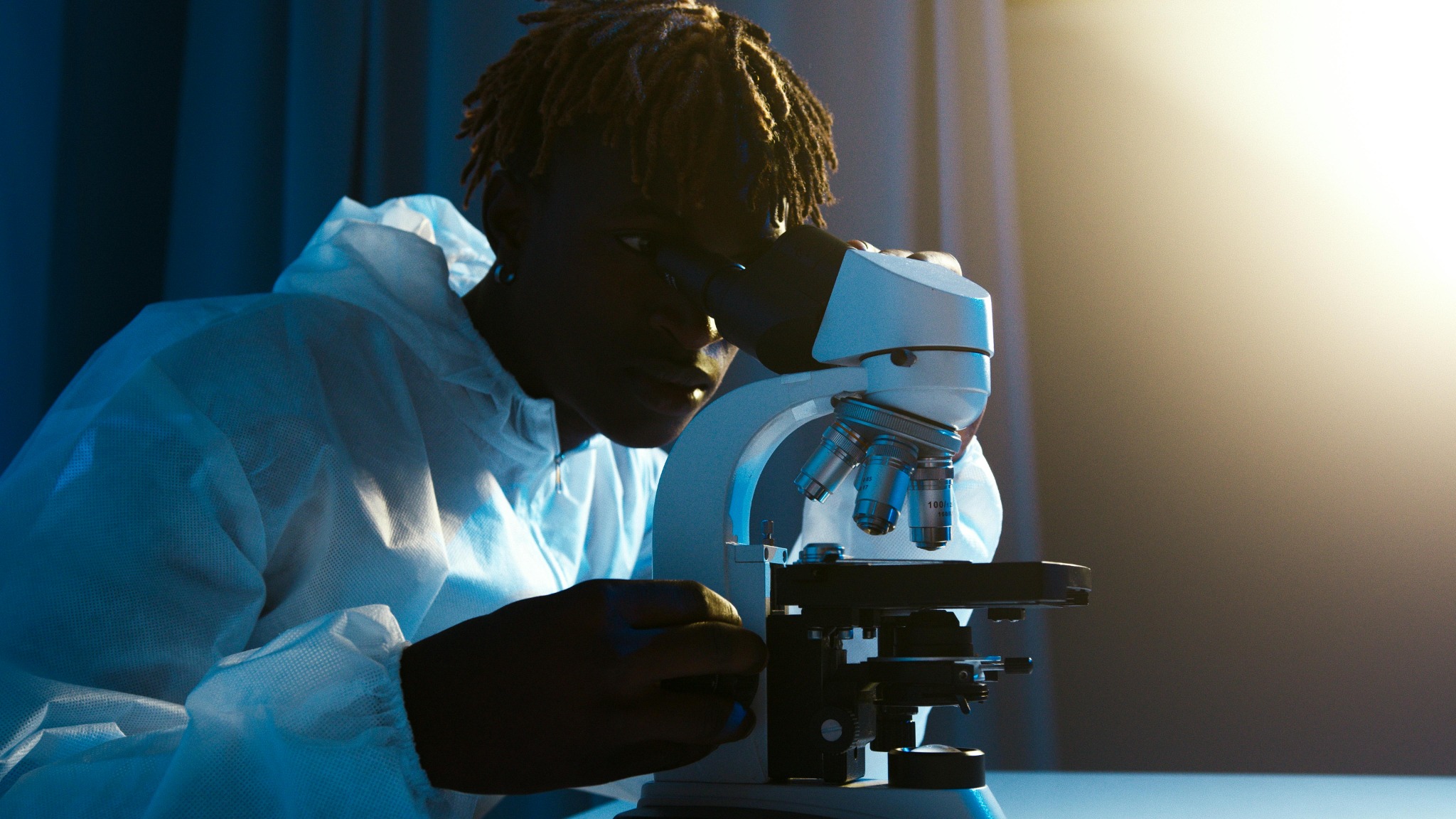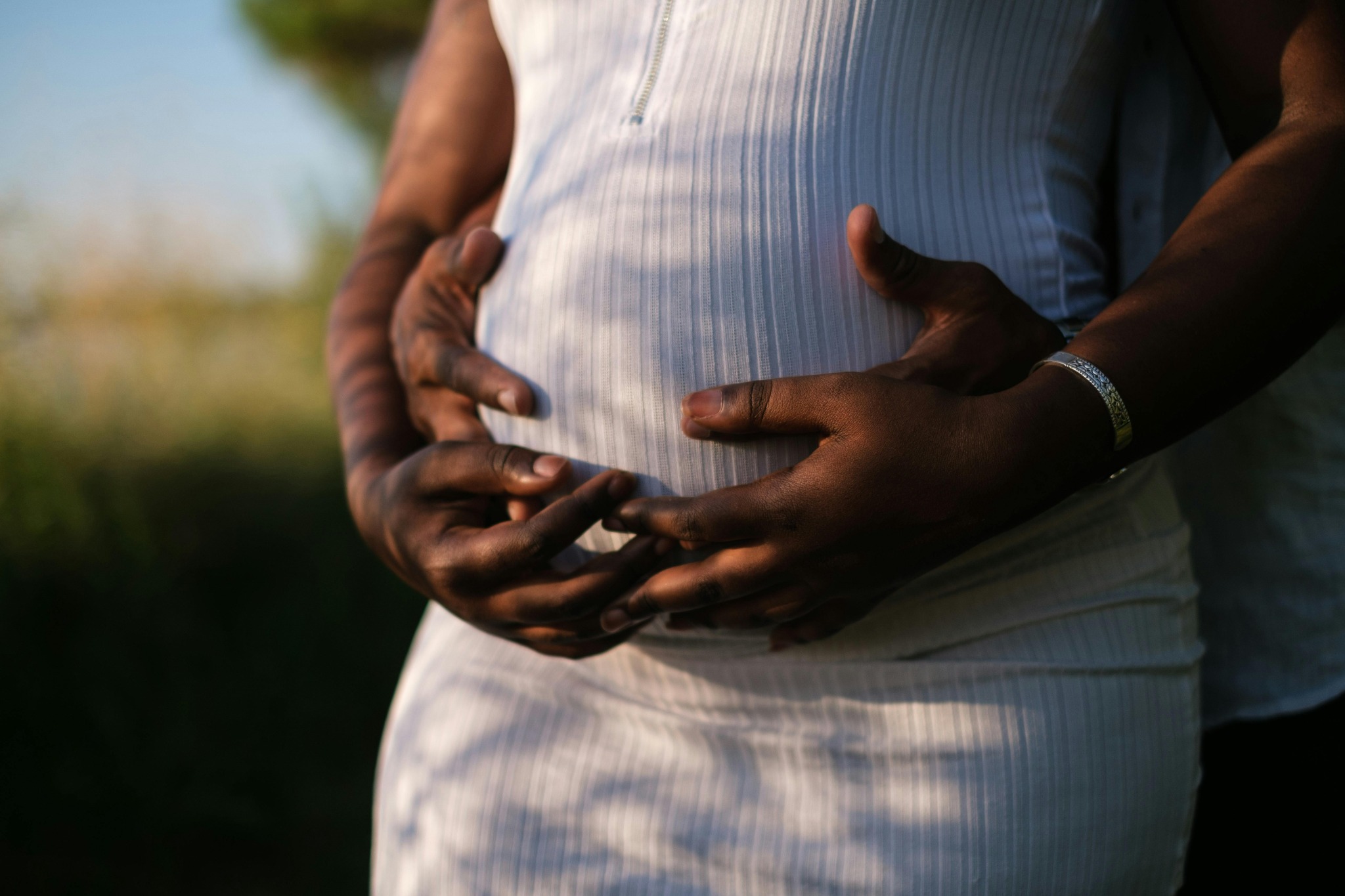The Black History Month Symposium: An insight into the experiences of Black Medical Students in their early careers
During the University of Leicester's Black History Month, both staff and students put on a series of events to raise awareness of issues faced by a variety of students and how they are working to resolve them
On the 26th of October in the George Davies Building, a conference was organised by the College of Life Sciences. The purpose of this event was to bring together students, industry professionals, and lecturers to discuss their different backgrounds and journeys to where they are today - highlighting the difficulties around being black healthcare professionals.
At the conference, Vice Chancellor Nishan Canagarajah spoke about his recent changes and his efforts to improve the experience of black students and staff at Leicester University. As he opened his speech, he praised the staff for planning an event to commemorate Black History Month. Then the vice chancellor went on to discuss three main achievements that have been important to him and have had a positive effect on the university: “Appointing our first black chancellor is something I am incredibly proud of,” Dr Maggie Aderin Peacock MBE, space scientist, and educator raised in London, will be taking over from The RT Hon Lord Willetts whose five-year term is coming to an end as of February 2023, the vice chancellor then goes onto say: “Since I have arrived, I said we will be a university for inclusion. Without representation, you cannot have inclusion.”

The vice chancellor then went on to state: “We are moving in the right direction, but there is still a lot of work to be done and I am keen to look into our educational programmes to see if we are being inclusive.” The University is one of the most diverse universities in the country with the student body being 55% ethnic minority and attracting students from all different backgrounds, accurately reflecting the city itself. The speech was closed with a bid to encourage everyone to get involved in making changes: “This a systemic issue, it cannot be fixed by just one person.”
Diana Pinto, a Psychology lecturer and personal tutor, hosted a panel featuring black medical students, both home and international in various stages of their professional careers. The questions raised were focused particularly on experiences in workplaces, placements and the importance of allies.
When asked about overall experiences so far in their careers, there was a unified response from some of the panel experiencing racial prejudice. A midwifery student commented: “When I was a first-year undergraduate student, I was required to go on placement as part of my degree. I was put with another midwife to shadow her and to complete tasks,” the student then goes on to say: “One day at the placement, the member of staff uttered don’t worry I won’t treat you as a slave. I was very offended and didn’t want to go to placement anymore.” Everybody in the audience was shocked by this fellow midwife’s comments and was happy to hear about the outcome of the situation: “My personal tutor came to visit me whilst on placement and I told her everything. She came to the rescue and the following week I was placed somewhere new and that midwife received sanctions.

This was one of the few devastating stories that were shared, many of the medical students have found refuge in these situations through societies and staff-student groups such as MedRace, who work within the Medical School to help address issues of concern for students, set up activities and to break down the barriers of prejudice within the healthcare sector.
Another story came from a medicine student in her fourth year. The student was also on placement and was in a surgical ward to attend theatre. The challenge arose when this student had to cover her hair as part of the procedure, she was surprised to find that there was no appropriate headwear for her to wear: “I knew I had to go into theatre, there was no hat that could fit over my hair. The lady went to look but couldn’t find anything.” Many black students with longer hair have no option but to change their hair to fit the requirements or to have ‘easier’ hairstyles. As a result of this situation, the student had to wear hair netting, despite resources being widely available, it seemed like it was not a normal practice to have these types of headdresses readily available.
Lastly, allyship was discussed along with the importance of personal tutors and staff support. A master's student stated that she probably wouldn’t have taken the plunge and applied to do the degree, as she wasn’t sure if she was up to it, With the help of one of her allies, she was able to find an area of interest valuable to her and was successful with her application.
Post a comment